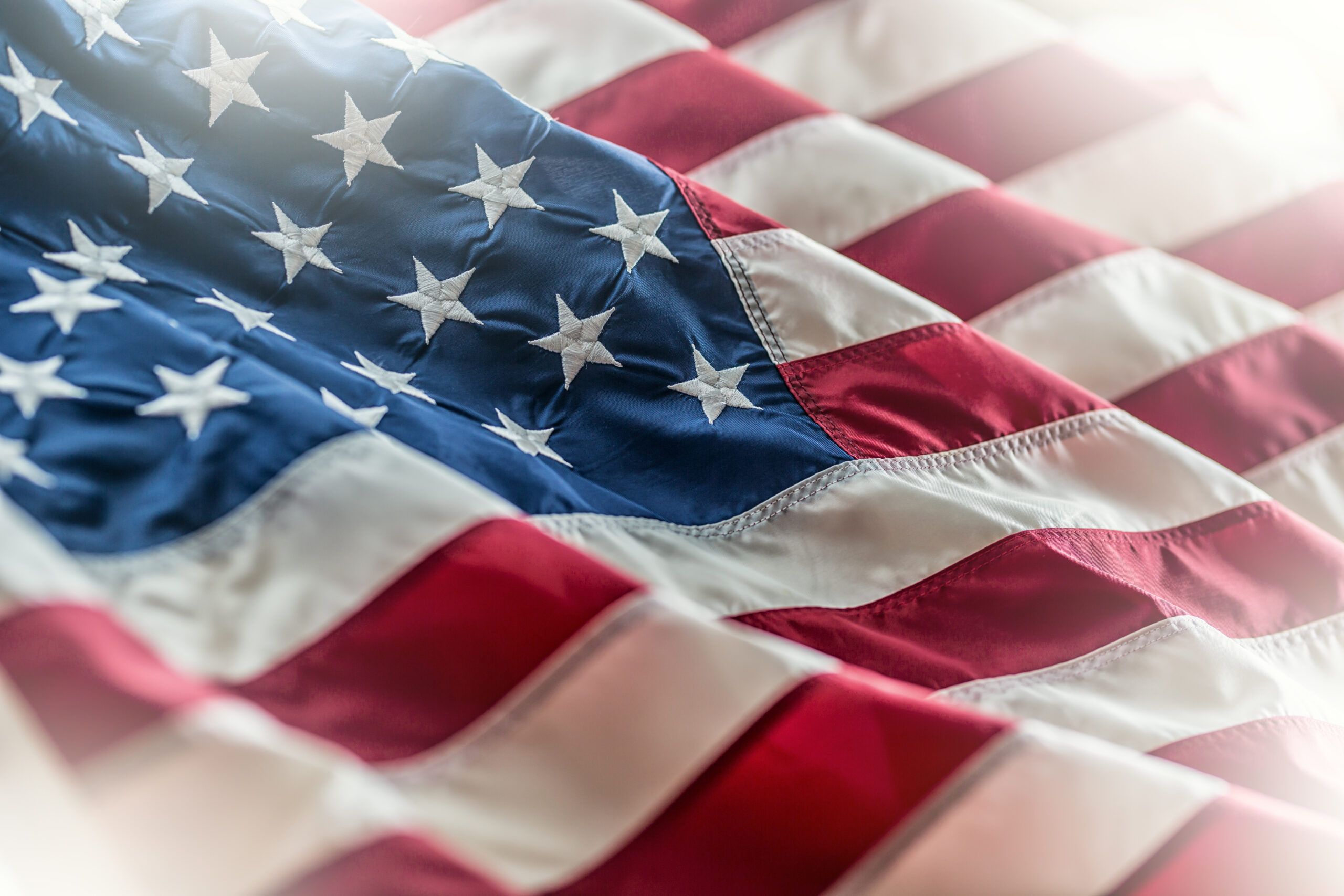The North Dakota Republican Party is hosted a Presidential Caucus on Monday, March 4th, 2024 to help choose the Republican nominee for President of the United States. 12 locations throughout the state hosted local caucuses for constituents to participate in the process.
Caucus Results
Donald Trump: 84% (29 delegates, 70 points)
Nikki Haley 14.1% (0 delegates)
David Stuckenberg 0.8% (0 delegates)
Ryan Binkley 0.5% (0 delegates)

Listen to the Presidential caucus here:

Voter Eligibility
Requirements for Identification
Identification must include the voter’s:
- Name
- Current North Dakota Residential Address
- Date of Birth
Acceptable Forms of Identification:
Voting at the Caucus
- North Dakota Driver’s license
- North Dakota Nondriver’s identification card
- Tribal government issued identification (including those issued by BIA for a tribe located in North Dakota, any other tribal agency or entity, or any other document that sets forth the tribal member’s name, date of birth, and current North Dakota residential address)
- Long term care identification certificate (provided by North Dakota facility)
Supplemental Documentation
- If an individual’s acceptable form of identification (see list above) does not include the North Dakota residential address or date of birth, or the North Dakota residential address is not current, the individual may supplement the identification with a current utility bill; a current bank statement; a check or a document issued by a federal, state, local, or tribal government (including those issued by BIA for a tribe located in North Dakota, any other tribal agency or entity, or any other document that sets forth the tribal member’s name, date of birth, and current North Dakota residential address); or a paycheck.
- Students enrolled at an institution of higher education, and who have a valid form of North Dakota identification with a different North Dakota address than where they currently reside, may provide, as supplemental documentation, a printed document containing the student’s name, address, and date of birth issued by the institution of higher education. This document must contain the institution’s letterhead or seal, along with a student photo identification card issued by the institution and containing the student’s photograph and legal name.
FAQ
Why is NDGOP hosting a Presidential Caucus?
The NDGOP has hosted presidential caucuses for several election cycles to guide the ND delegates in the National Republican Convention in selecting the nominee for President.
Is there a fee to vote in the Caucus in 2024?
No, but voters should be members of the North Dakota Republican Party
Can you vote early, or absentee in the ND Republican Caucus?
No
Why is North Dakota having a “caucus” and not a primary like Iowa or New Hampshire?
The Legislature eliminated the presidential primary years ago, leaving the decision of how to nominate presidential candidates to political parties. The Republican Party has hosted a presidential caucus numerous times in the last several election cycles.
Has North Dakota ever held a primary election for President, like Iowa or New Hampshire?
Not for decades.
What influence will the ND Caucus have on who the Republican Nominee is for President?
The ND Presidential Caucus is the day before “super Tuesday” (when 14 states hold primary elections, representing about 40% of the US population). A win in ND could influence the vote in those other states.
How many delegates does North Dakota have to the Republican National Convention and how does the Caucus vote influence how the delegates vote at the national convention?
ND has 29 delegates. They are bound for the first vote, based upon the percentage of votes a candidate receives. (A candidate must get at least 20% of the vote to be counted. A candidate that gets 60% of the vote gets all ND delegates).
Does the Caucus have any minimum or maximum voting thresholds that impact how the ND delegates vote at the National Convention?
Yes. The delegates are bound in the first vote of the National Convention. A minimum of 20% of the votes in ND is necessary for a candidate to secure any delegates. A candidate who secures 60% of the vote wins all 29 delegates for the first ballot.
What is the difference between a caucus, a primary and a general election?
A caucus is a vote conducted by a political party (a private organization), which sets its own rules for the caucus. A primary and general election are votes conducted by the government, the rules for which are set by law —a primary reduces the number of candidates that qualify for the general election. A general election is the final vote in the election process in which the top vote getter is elected to office.
GET INVOLVED IN THE REPUBLICAN PARTY
Make a Difference
Donate Today
Annual membership dues consist of a $50.00 fee.

